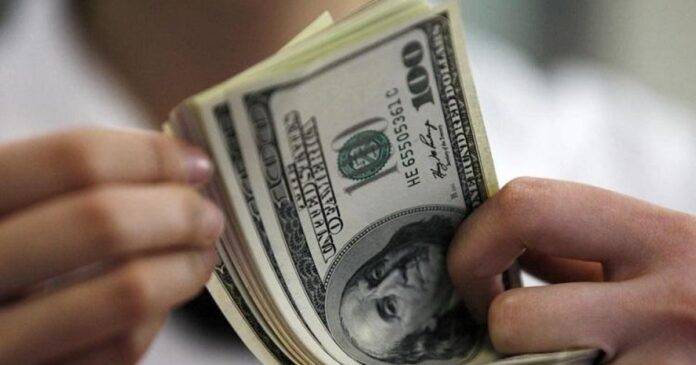Foreign exchange reserves are very important for the economic growth and prosperity of a country. The decline of these reserves was not stopped during the last period of the outgoing government. However, the fall in reserves has been halted after the interim government came to power. Not only that, the reserve has increased by about 66 million dollars in the last one week. In the previous week too, the central bank had reported an increase of $450 million in reserves over its previous three weeks. As of Sunday (November 3), the country's gross reserves stood at $25 billion.
In this context, Bangladesh Bank Governor Dr. Ahsan H. Mansoor told Bangla Tribune that after joining Bangladesh Bank, he gave the most importance to stop the decline of reserves. He mentioned that money laundering has been prevented by various efforts. Besides, due to the increase in exports and remittances sent by expatriates, the supply of interbank dollars has increased. And I'm trying not to touch the reserve. He said, 'The central bank is not selling dollars as much as before. Dues of several foreign institutions have been paid without touching the reserves. Because of this, the reserve has started to increase slowly.'
Foreign currency reserves are increasing, said trade advisor Dr. Salehuddin Ahmed. In a special review meeting held at the Secretariat on Thursday (October 31) in the conference room of the Ministry of Commerce, he said, 'The government is taking effective steps to develop the domestic industry. This is increasing the confidence of traders. The country's economy is turning around. Our foreign exchange reserves are also increasing.'
Reserves stood at $26 billion in July
Foreign exchange reserves stood at $26 billion in July, the month before the government fell. Now this gross reserve stands at 25.44 billion, which was 25.30 billion in the previous week.
In addition, according to (BPM-6) criteria, the foreign exchange reserves, which fell below 20 billion dollars after the fall of the Awami League government, could not reach that position. Currently, according to BPM-6, the reserves are 19.8 billion dollars.
Four days before the fall of the Awami League government, Bangladesh Bank released the reserve account.
According to that calculation, on July 30 it was 20.48 billion dollars. After the formation of the new government, the reserve was 20 billion even on August 21.
Later, after payment of the Asian Clearing Union (ACU) import bill, it fell to 19.44 billion dollars on September 12. Three weeks later on October 2, it rose slightly to 19.76 billion.
However, the import bill for two months (September-October) is being settled this week through the Asian Clearing Union (ACU). A total of 1.5 billion dollars will be paid for the import bills of the 9 countries involved. The gross reserve will decrease to 23 billion dollars.
According to the data of the central bank, the country's reserves were 25 billion dollars as of November 3. From there, 1.5 billion dollars will be deducted from the Akur bill of the last two months. This will reduce the total reserves to 23 billion dollars.
According to International Monetary Fund Guideline (BPM-6) criteria as of November 3, reserves currently stand at $19.8 billion. Deducting about $6.2 billion from these reserves would leave expendable reserves at $13.6 billion—somewhat short of the IMF's $15.32 billion limit.
But economists say that with the way remittances are growing, it won't take long to exceed the IMF's set limit.
According to the data of the central bank, the pace of expatriate income was upward in the recently departed October as well as in August and September. In October, total remittances came in at around $240 million. Bangladeshi expatriates living in different countries sent more than 240 million dollars in the previous month of September.
Incidentally, in August 2021, the amount of reserves of Bangladesh Bank stood at 48.4 billion dollars. Then it was calculated as gross.
However, at the end of the pandemic covid, the price of fuel and food increased in the world market, then the import cost increased when the war in Ukraine started. Apart from this, due to the increase in money laundering under the guise of imports, the reserves are decreasing.
In the last two fiscal years, Bangladesh Bank has sold dollars from reserves to open government letters of credit or LCs with commercial banks. Foreign currency has also decreased.

